Kidney Specialist in Bathinda
Kidney Specialist in Bathinda: Comprehensive Care for Kidney Health
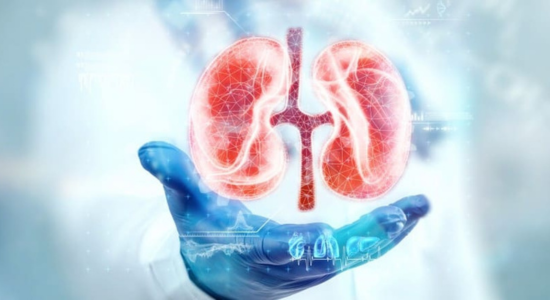
Understanding Kidney Health

The kidneys are bean-shaped organs located in the lower back, with each about the size of a fist. They are responsible for filtering around 120 to 150 quarts of blood daily, producing 1 to 2 quarts of urine. The kidneys also help regulate blood pressure, control red blood cell production, and maintain strong bones by managing calcium and phosphorus levels.
Kidney diseases can be silent killers; many people may not experience symptoms until the condition is advanced. Therefore, regular check-ups and timely consultations with a kidney specialist in Bathinda are vital for early detection and effective management.
Common Kidney Diseases and Conditions
- Chronic Kidney Disease (CKD) : Chronic Kidney Disease is a long-term condition characterized by a gradual loss of kidney function. It can progress to end-stage renal disease (ESRD), where dialysis or a kidney transplant becomes necessary. Symptoms may include fatigue, swelling in the legs, and high blood pressure. A kidney specialist in Bathinda can help manage CKD through medication, diet changes, and regular monitoring.
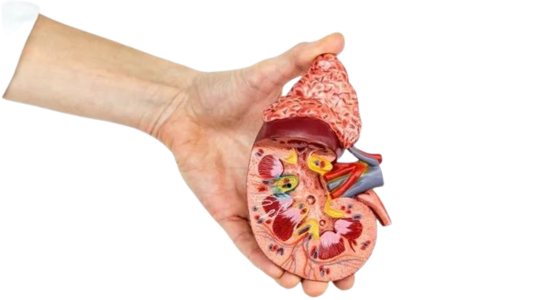
- Acute Kidney Injury (AKI)
Acute Kidney Injury is a sudden loss of kidney function, often due to an injury, severe infection, or adverse reaction to medications. It requires immediate medical attention. AKI can be reversible if treated promptly. A kidney specialist in Bathinda can provide the necessary care to restore kidney function.
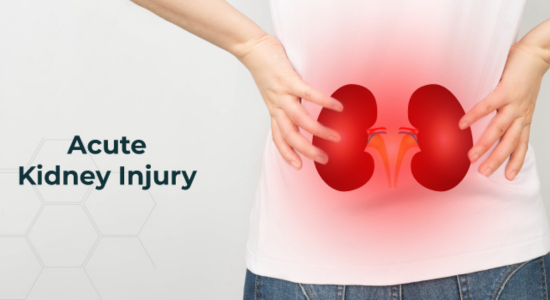
- Kidney Stones
Kidney stones are hard deposits of minerals and salts that form in the kidneys. They can cause severe pain, nausea, and difficulty urinating. Treatment may include medication, dietary changes, or procedures to remove or break down the stones. Consulting a kidney specialist in Bathinda can ensure the most appropriate and effective treatment.
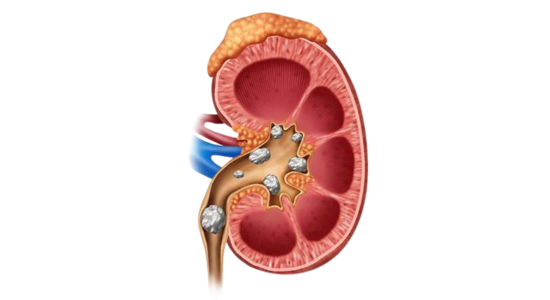
- Glomerulonephritis
This condition involves inflammation of the tiny filters in the kidneys (glomeruli). It can occur due to infections, autoimmune diseases, or other conditions. Symptoms may include blood in the urine, swelling, and high blood pressure. A kidney specialist in Bathinda can diagnose and manage this condition to prevent further kidney damage.
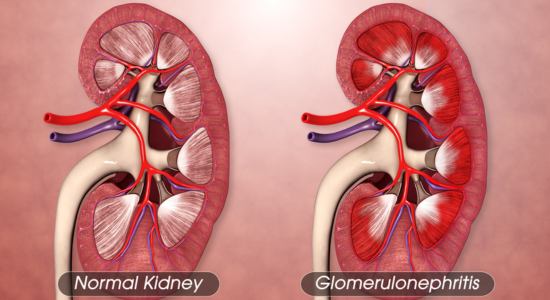
- Polycystic Kidney Disease (PKD)
PKD is a genetic disorder characterized by the growth of numerous cysts in the kidneys. These cysts can lead to enlarged kidneys and impaired kidney function. A kidney specialist in Bathinda can offer genetic counseling, regular monitoring, and treatment options to manage symptoms.

Why Choose a Kidney Specialist in Bathinda?
Selecting the right healthcare provider is crucial for effective treatment and management of kidney diseases. Here are some reasons to consider a specialized nephrologist in Bathinda:
Expertise and Experience
MBBS- Pt BD sharma PGIMS Rohtak (Haryana)
MD Medicine- Pt BD sharma PGIMS Rohtak (Haryana)
DM Nephrology- RML Hospital, New Delhi (Gold Medalist)
Member of Indian society of nephrology (ISN)
Member of Association of vascular access and interventional renal physicians of India (AVATAR)Comprehensive Diagnostic Services
Nephrologists in Bathinda offer comprehensive diagnostic services, including blood tests, urine tests, imaging studies, and kidney biopsies. These tests help in accurately diagnosing kidney conditions and tailoring treatment plans.Personalized Treatment Plans
Kidney specialists in Bathinda create personalized treatment plans based on your specific condition, medical history, and lifestyle. They provide guidance on diet, exercise, medication, and other lifestyle changes to manage your condition effectively.Access to Advanced Treatments
Bathinda is home to several advanced medical facilities, offering treatments such as dialysis, kidney transplant evaluation, and minimally invasive procedures for kidney stones. A kidney specialist in Bathinda can connect you with these resources and provide continuous care throughout your treatment journey.Patient-Centered Care
Nephrologists in Bathinda prioritize patient-centered care, focusing on clear communication, compassionate support, and patient education. They work closely with you to understand your concerns, explain treatment options, and involve you in decision-making processes.
The Role of Diet and Lifestyle in Kidney Health
- Stay Hydrated Drinking plenty of water helps your kidneys filter waste and toxins from your blood. It also prevents kidney stones and urinary tract infections.
- Eat a Balanced Diet A diet low in sodium, refined sugars, and unhealthy fats can help maintain healthy blood pressure and reduce the risk of kidney disease. Include plenty of fruits, vegetables, whole grains, and lean proteins in your diet.
- Monitor Blood Pressure and Blood Sugar Levels High blood pressure and diabetes are major risk factors for kidney disease. Regular monitoring and managing these conditions with the help of a healthcare provider can prevent kidney damage.
- Avoid Smoking and Excessive Alcohol Consumption Smoking and excessive alcohol intake can damage the kidneys and exacerbate existing conditions. Quitting smoking and limiting alcohol can significantly improve kidney health.
- Regular Exercise Regular physical activity helps maintain a healthy weight, reduces blood pressure, and improves overall well-being. Aim for at least 30 minutes of moderate exercise most days of the week.
It’s important to seek medical attention if you experience any symptoms that may indicate a kidney problem. These symptoms include:
- Persistent fatigue
- Swelling in the ankles, feet, or hands
- Changes in urination patterns (frequency, color, or smell)
- Blood in the urine
- Pain in the lower back or side
- Unexplained high blood pressure
Early detection and treatment can prevent the progression of kidney disease and improve your quality of life.